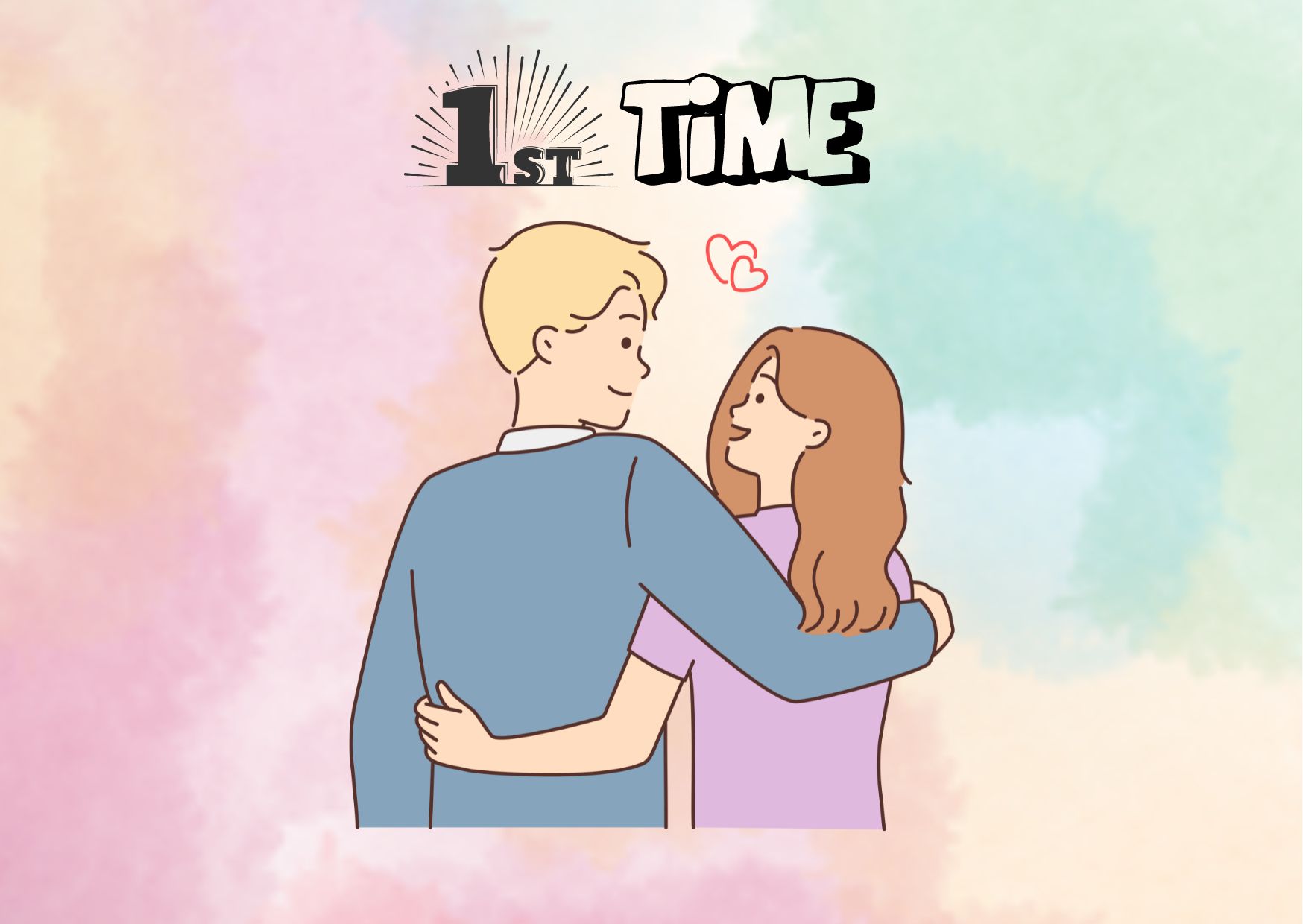Making ‘My First Time’ Memorable: An Informative Guide
Milestones mark significant personal achievements and serve as memorable events that unite and inspire connection among people, from the excitement of solo travels to major life events like marriage and retirement. Your first time embracing a monumental experience, particularly as a girl setting off on solo travel, should not be marred by fear or uncertainty.
Solo female travel can be both empowering and transformative, offering lessons in self-reliance and the joy of discovering one’s capabilities. As you prepare for “my first time” stepping into a new adventure, this article will guide you through emotional and mental preparation, selecting the right moment, ensuring physical safety, and managing post-experience expectations to make it truly memorable.
Preparing Mentally and Emotionally
Preparing mentally and emotionally for your first significant solo journey or any new experience involves cultivating a mindset that embraces growth, resilience, and self-awareness. Here are some strategies to consider:
- Cultivate Problem-Solving and Mindfulness:
-
- Develop problem-solving skills to navigate unexpected challenges .
- Practice mindfulness and self-soothing techniques to maintain emotional balance .
2. Self-Care and Preparation:
-
- Engage in regular cardiovascular exercise to clear your mind .
- Stay hydrated and consider meditation for calming nerves .
- Record and reflect on your thoughts to solidify your intentions and goals .
3. Building a Support System:
-
- Seek advice and share your plans with trusted mentors, friends, or family .
- If traveling abroad, identify mental health resources and connect with supportive peers or groups in your destination .
- Embrace self-validation and recognize your strengths and qualities, remembering to practice self-love and care .
These steps not only prepare you mentally and emotionally but also ensure you have a support structure in place, making your “first time” experiences more enriching and memorable.
Choosing the Right Moment
Choosing the right moment for embarking on your first significant solo journey, or any new adventure, involves a delicate balance between ideal aspirations and actual readiness. Insights from the Milestones Project by the Stanford Center on Longevity reveal a consistent desire across generations to achieve life milestones at specific ages, yet there’s a noticeable trend of individuals not meeting these milestones at their ideal times . This discrepancy is most pronounced among younger individuals, highlighting the gap between their aspirations and reality .
Sean Ogle’s reflection on ‘defining moments’ underscores the importance of recognizing and seizing these pivotal experiences . While the ideal age for certain milestones might remain constant, the actual timing can vary widely due to personal circumstances and societal shifts . This variance suggests that choosing the right moment is less about adhering to a predetermined age and more about assessing one’s readiness, both emotionally and physically, to take on new challenges.
